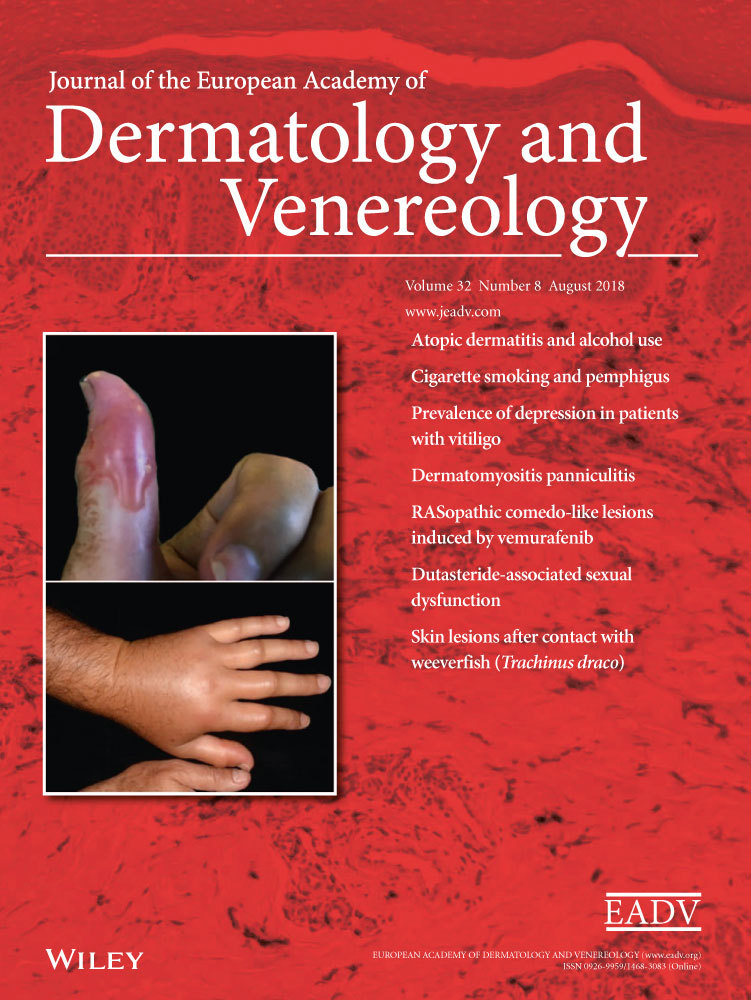Skin cancer prevention campaign in childhood: survey based on 3676 children in Brazil
Conflicts of Interest
The authors have no conflict of interests relevant to this article to disclose.
Funding sources
None declared.
Abstract
Background and objectives
Primary skin cancer prevention campaigns are essential and more effective among children, not only because of the importance of sun exposure effects during this period, but also because this age is when individuals are developing behaviours. The Brazilian Society of Dermatology – Regional State of Sao Paulo developed and conducted the programme named ‘The Sun, Friend of Childhood’, a school health education and disease prevention project for children and parents. Our objective was to evaluate the cognitive and behavioural effects of the children and parents before and after an education model-based intervention of sun protection.
Methods
We carried out a study on a school population of Social Service of Industry – Regional State of São Paulo, from the first to the fifth years of the regular course (6–10 years). Our educational project was planned to be based on two children's learning tools (comic magazine and a DVD cartoon). Questionnaires in relation to habits and knowledge in sun exposure were applied to the children (3776) before and (2748) after the intervention. A questionnaire was applied to 3663 parents regarding personal details and habits of their children.
Results
According to the McNemar's statistical test, all changes in the children in acquiring new knowledge about good practices for sun exposure were statistically significant.
Conclusions
Educative sun exposure programmes in childhood are a relevant tool to modify the history of life for next generations, to concern the skin cancer and good health practices.




